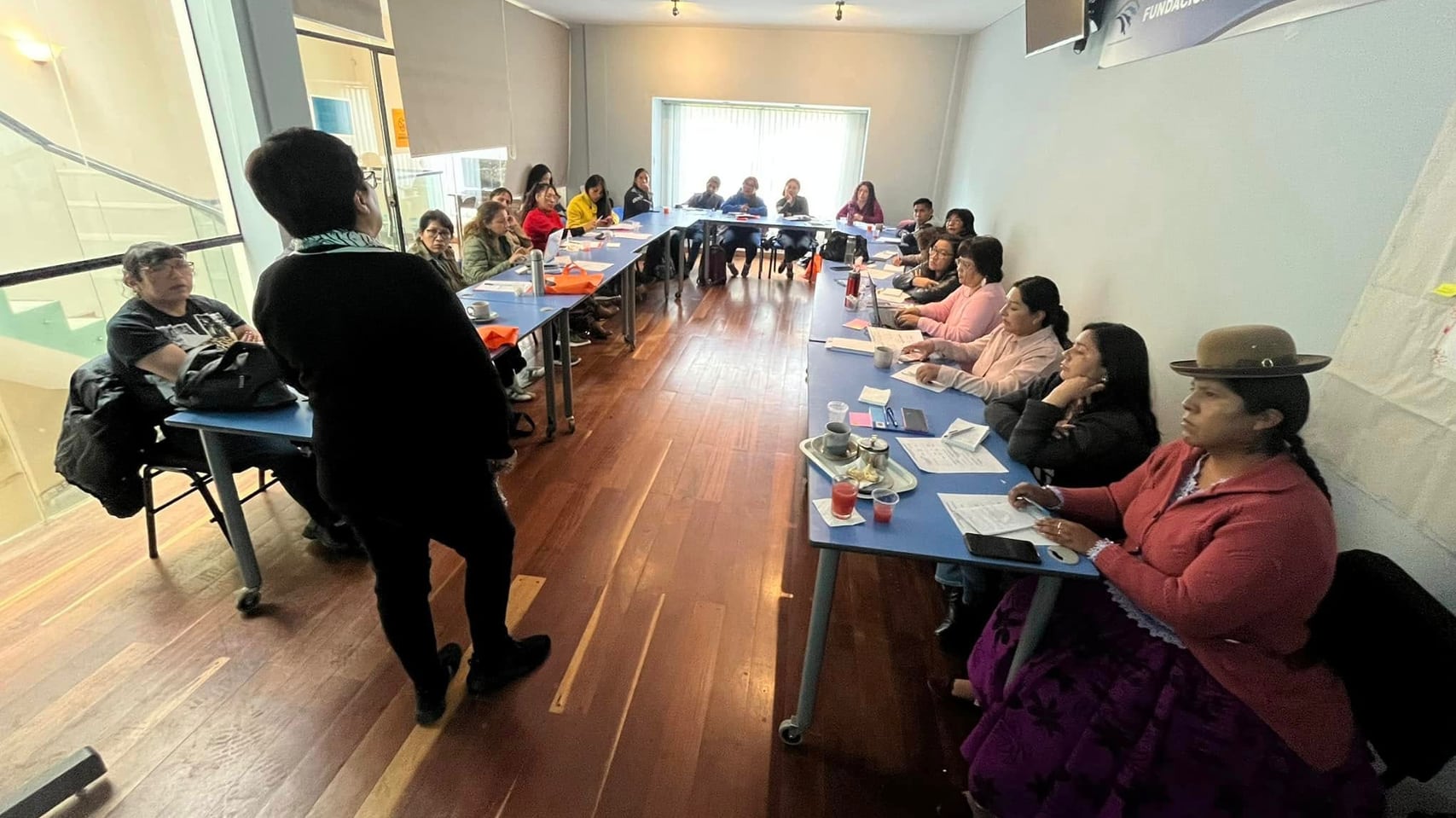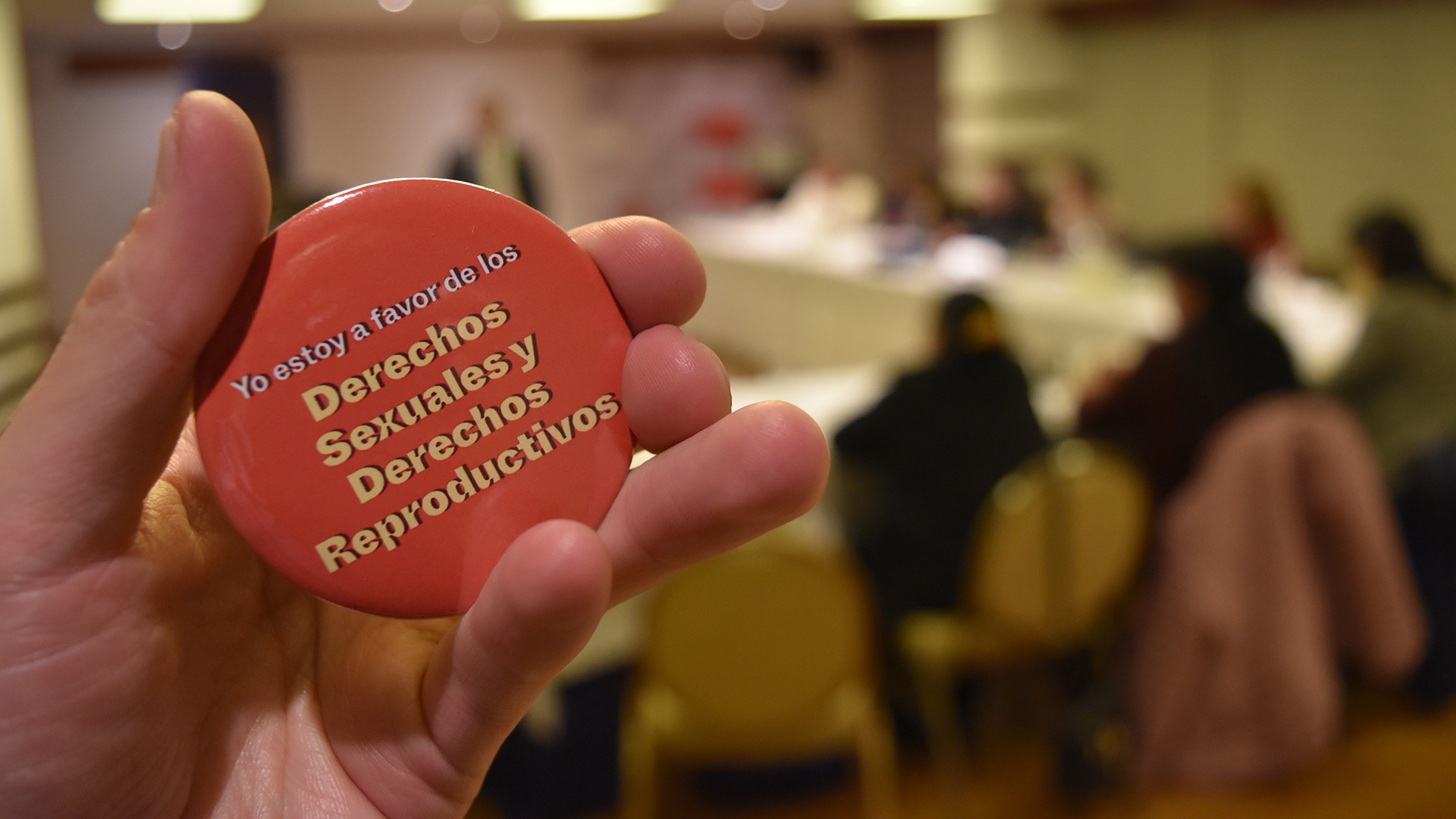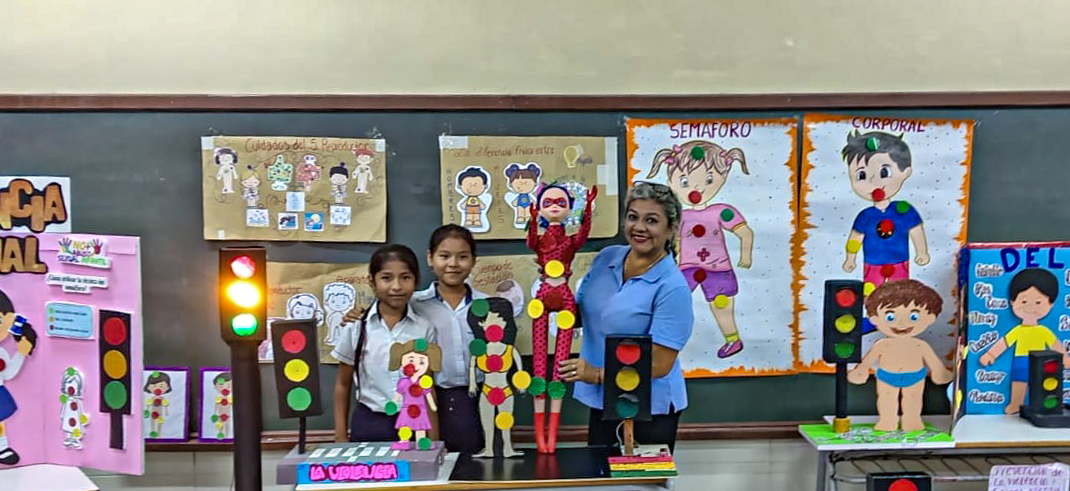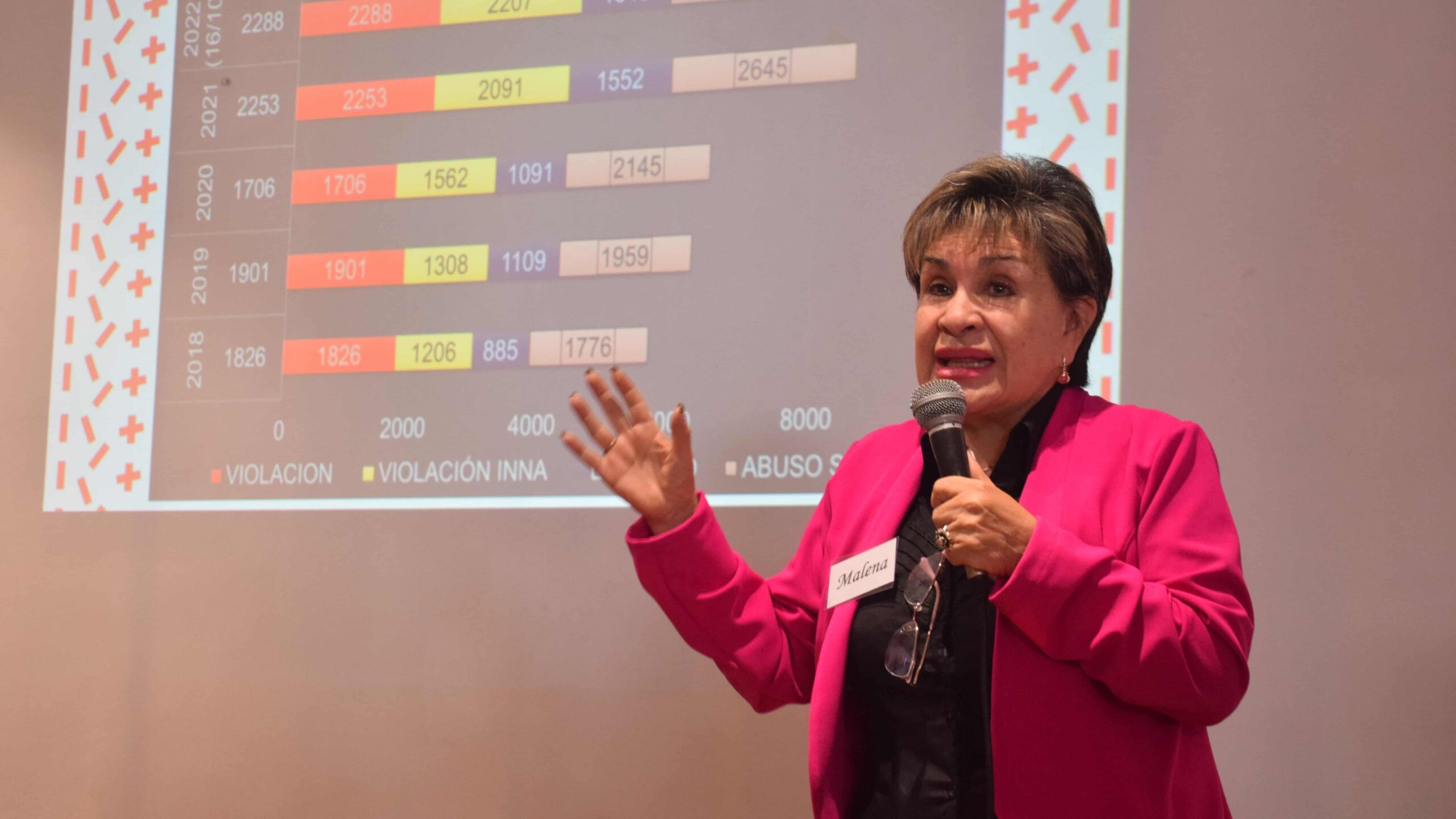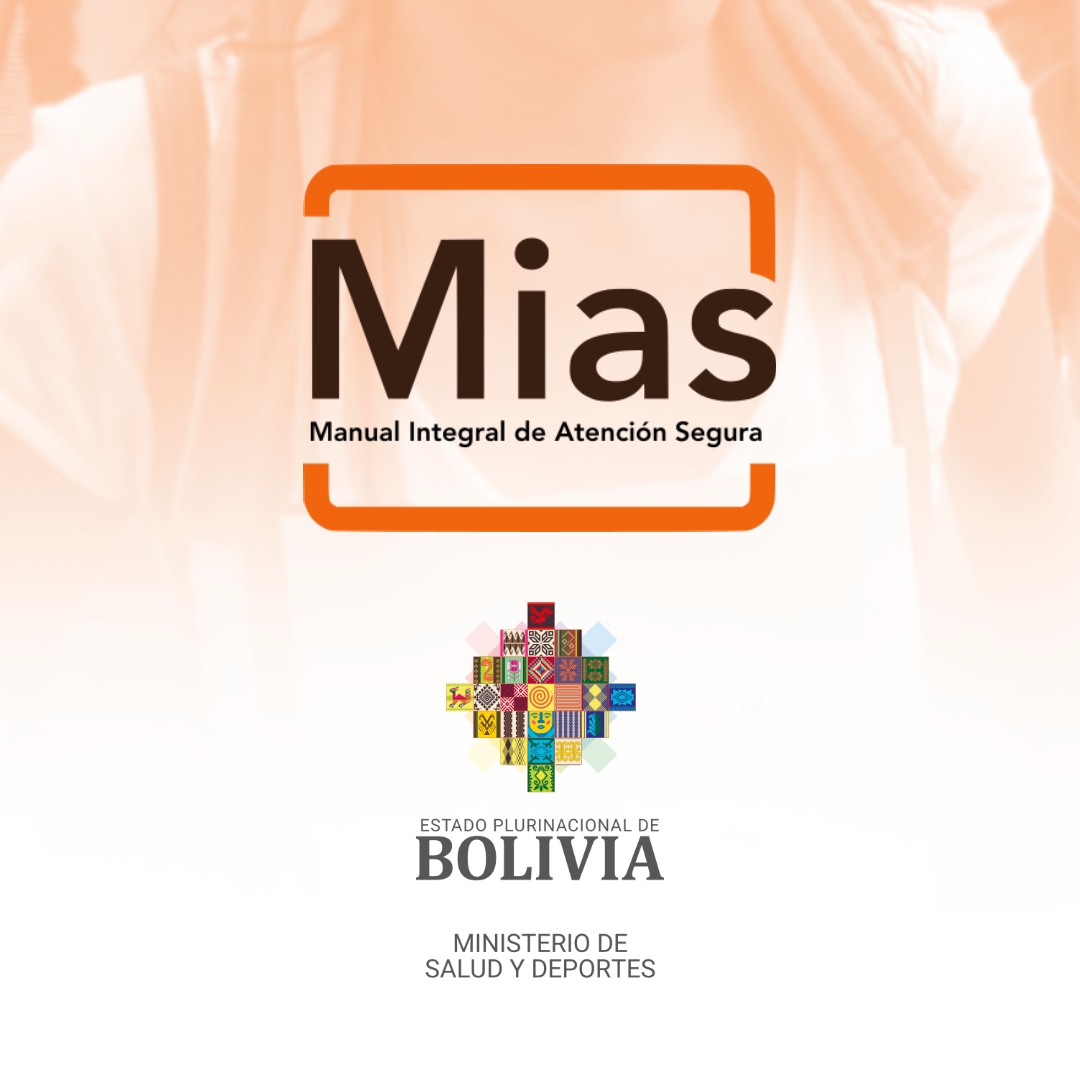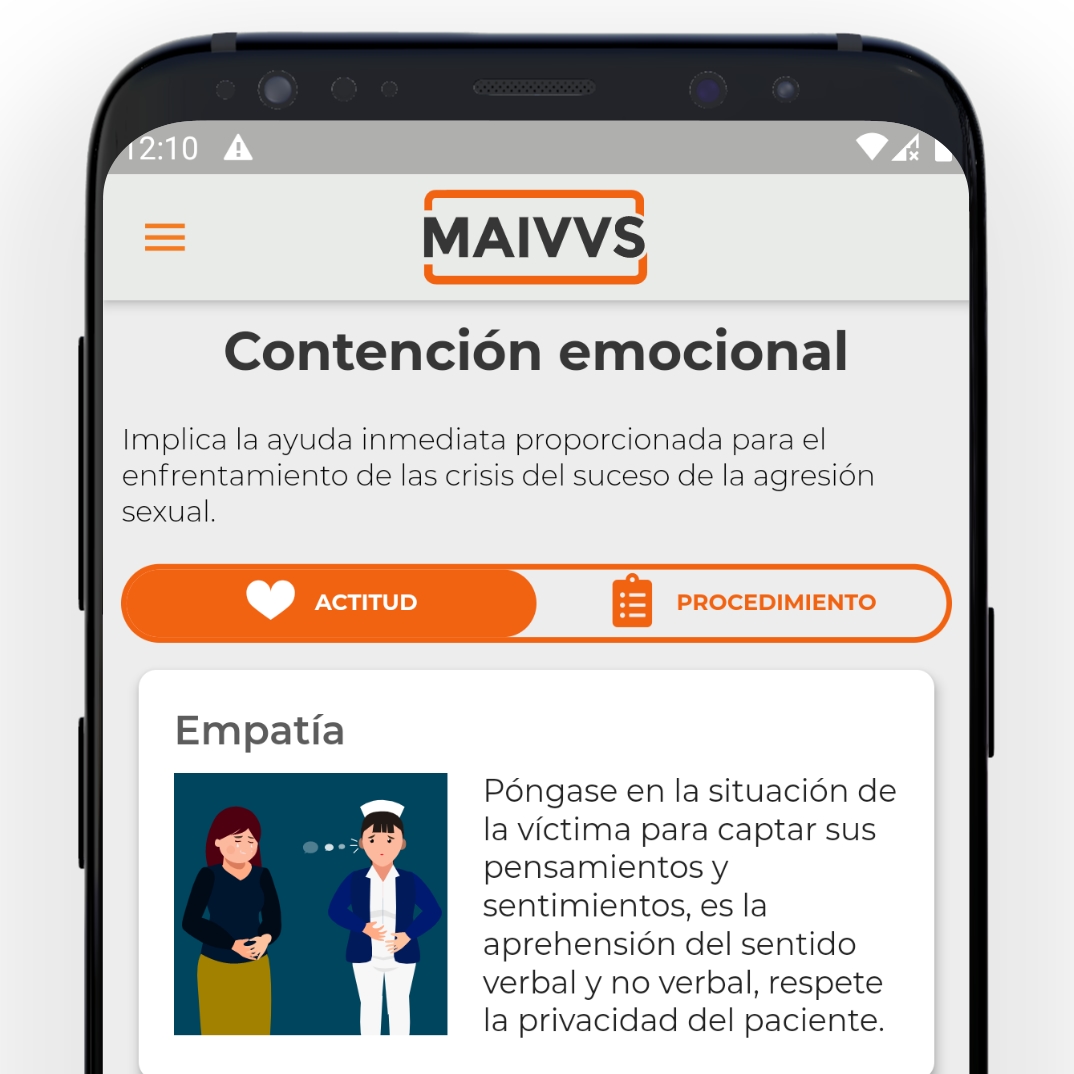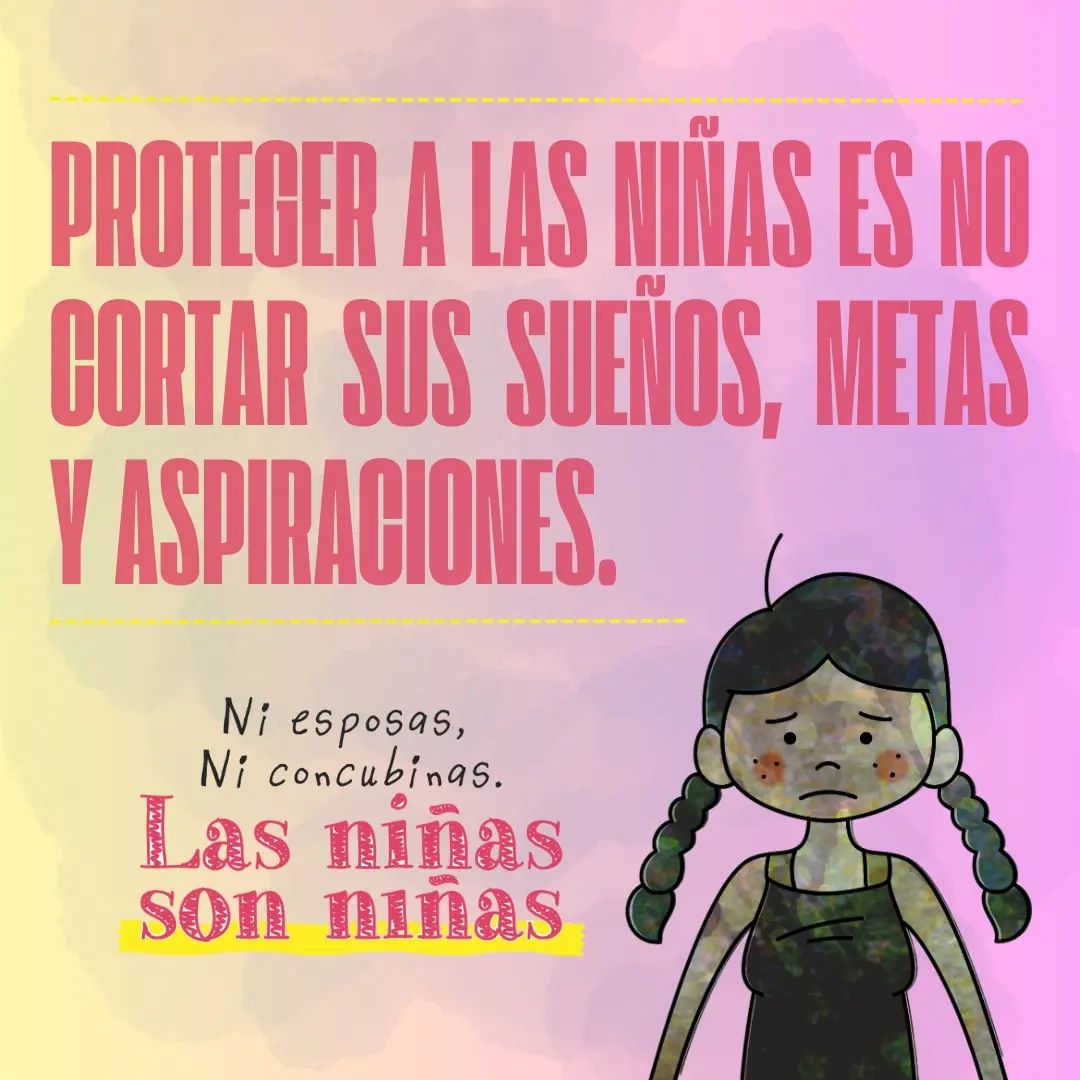Every year, 15 million girls worldwide are married or enter into unions before turning 18. Six million of them are from Latin America. In Bolivia , “the situation is alarming,” Miguel Becerra, national gender advisor for Plan International in the country, told DW.
Since 2014, more than 6,000 forced child marriages and unions have been recorded in Bolivia involving 16- and 17-year-olds, according to data from the Ombudsman’s Office and the Civil Registry Service (Serecí).
On the other hand, a study conducted by the Women’s Coordinator and Save the Children in 2021 reports more than 32,000 adolescents who were married or in unions even before the age of 15.
Under-registration, invisibility and naturalization
Most of these unions involve teenagers with adult men two or three times their age. And although the numbers are decreasing each year, this speaks more to a lack of registration, Nidya Pesántez, UN Women representative in Bolivia, told DW.
The legal vacuum surrounding unregistered unions “makes them invisible or, worse, normalizes them,” Save the Children’s office in Bolivia confirmed to DW, advocating for their prohibition without exception. The problem is not only the definition of the minimum age, but also the lack of regulation surrounding de facto unions with girls and adolescents, which constitute “forced unions,” Save the Children insists.
A bill
In Bolivia, the minimum age for marriage is 18, but the Family Code (or Law 603 of 2014) allows marriages to begin at 16, subject to the authorization of parents, guardians, or even the Children’s Ombudsman’s Office. Senator Virginia Velasco, of the ruling MAS party, wants to change this.
It proposes raising the minimum age to 18 without exceptions and promoting a prevention and awareness strategy on the negative effects of child marriage. If successful, Bolivia would join 15 other Latin American and Caribbean countries that have passed similar laws in the last decade.
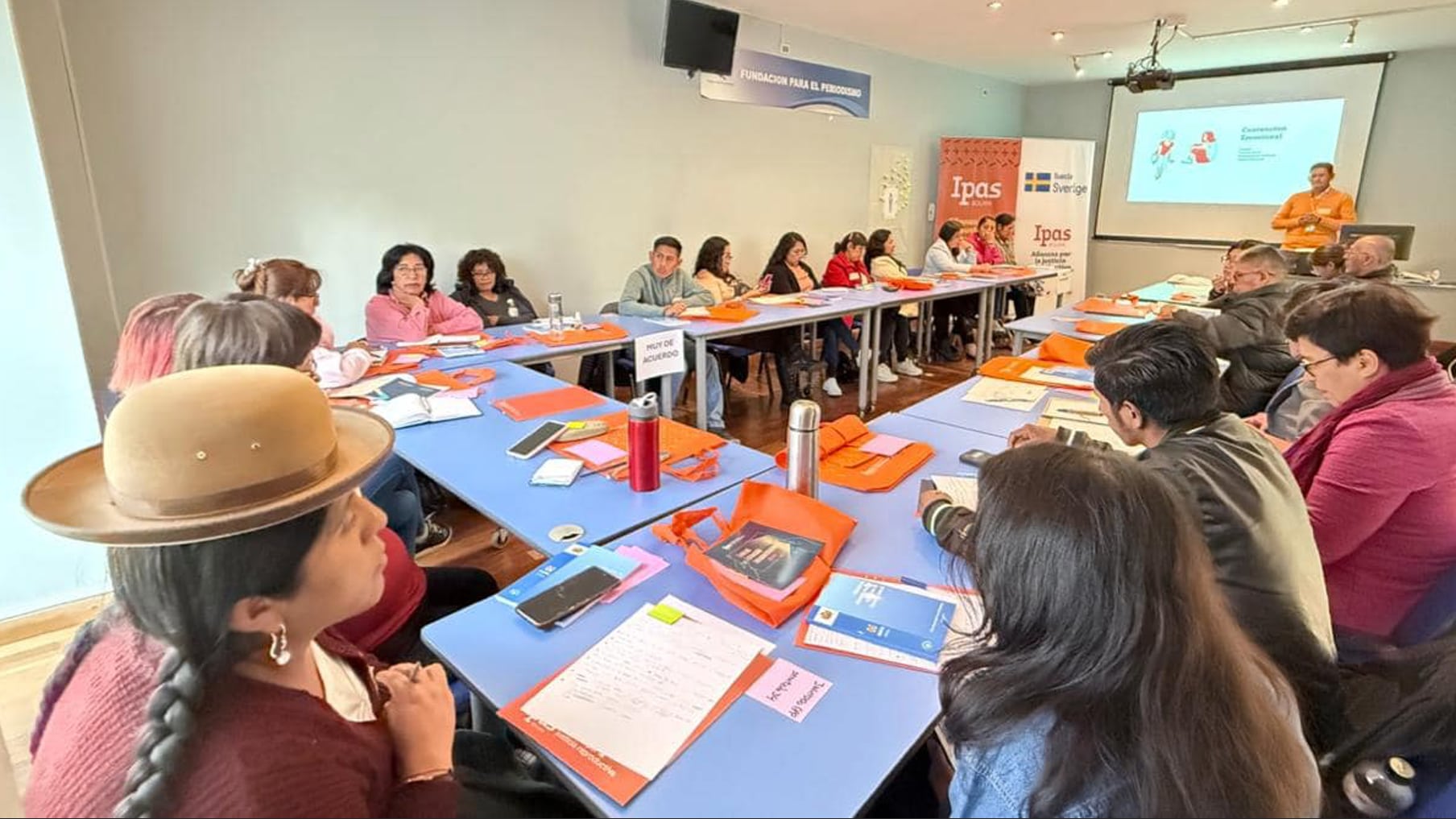
The workshop was attended by specialists in sexual and reproductive health, legislation and inclusive journalism with a gender and human rights approach. Among the trainers were Dr. Henry Flores, health coordinator for Ipas Bolivia, Dr. Martín Vidaurre, policy coordinator for Ipas Bolivia, and Amparo Canedo, journalist and director of Guardiana.
The two days of training concluded with the expectation that these workshops will continue to be replicated, but with a broader scope and involving editors and press managers. Their participation is key to ensure a comprehensive and responsible approach to sexual violence in the media.
